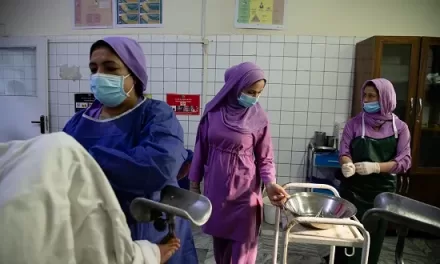A recent study published in BMJ Global Health sheds light on the significant disparities in coronavirus disease 2019 (COVID-19) management guidelines among different member states, highlighting the urgent need for standardized approaches to combat the pandemic effectively.
Since the emergence of COVID-19, countries worldwide have grappled with developing effective therapeutic strategies to mitigate the impact of the virus. However, the study underscores the stark contrasts in treatment recommendations between nations, particularly in low-resource areas, where access to healthcare resources is limited.
Investigating Treatment Disparities
The study, conducted by researchers between September and November 2022, analyzed COVID-19 management guidelines from 109 World Health Organization (WHO) member countries. These guidelines were scrutinized using a comparison metric based on WHO standards to evaluate their alignment with global recommendations.
Key findings from the study include:
- Varied Recommendations: Significant variability was observed in COVID-19 treatment recommendations across different nations, with some guidelines deviating significantly from WHO recommendations.
- Questionable Medications: Alarmingly, approximately 93% of national guidelines recommended medications that had failed randomized trials or were unauthorized by the WHO, indicating discrepancies in evidence-based practices.
- Inequitable Access: Recommendations in low-resource countries showed the highest gap, highlighting disparities in access to effective treatments and healthcare resources.
- Timing of Guidelines: A substantial portion of guidelines (65%) were issued or revised before the WHO protocols, suggesting a lack of synchronization with global standards.
Addressing Disparities and Standardizing Guidelines
The study’s conclusions underscore the critical need for standardized procedures in developing national guidelines for infectious diseases like COVID-19. Recommendations varied widely among nations, with some guidelines omitting WHO-recommended medicines, advocating untested medications, or using different severity classifications for COVID-19 infections.
In light of these findings, researchers emphasize the importance of formalizing processes for generating COVID-19 treatment guidelines to ensure they are based on the best available evidence. Standardized guidelines can help streamline treatment approaches, improve patient outcomes, and reduce disparities in healthcare delivery, particularly in regions with limited resources.
Looking Ahead
As the global community continues to navigate the complexities of the COVID-19 pandemic, efforts to harmonize treatment guidelines and ensure equitable access to healthcare resources remain paramount. By fostering collaboration and adherence to evidence-based practices, nations can enhance their collective response to the ongoing health crisis and mitigate the impact of future infectious disease outbreaks.
The study serves as a vital reminder of the importance of global cooperation and coordination in confronting shared health challenges, underscoring the need for concerted efforts to address disparities and ensure access to quality care for all.











